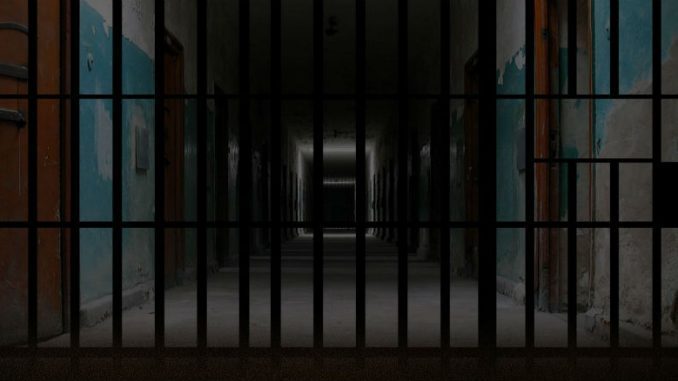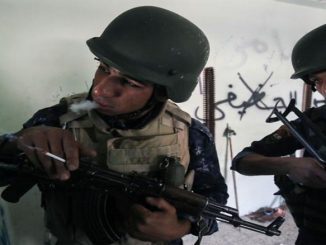
Twenty-two-year-old Wael Mahmoud Ali Al-Sibai has been tortured to death inside Wadi Natroun prison in Egypt, according to rights groups.
Al-Sibai was arrested when he was just 16-years-old at the Fath Mosque in Ramses Square where demonstrators gathered just days after the Rabaa massacre in 2013.
On 17 August Egypt security forces surrounded the mosque, fired tear gas and shot at the protesters killing 44 and arresting hundreds, including Irish citizen Ibrahim Halawa and his three sisters. Defendants were accused of desecrating the mosque, terrorist activities and destroying public and private property.
On Monday, having served six years of a ten-year sentence, Al-Sibai reportedly called his mother and told her he was dying from the severity of the torture he was being subjected to inside prison. Two days later he was dead.
Human Rights Watch has documented a pattern of systematic torture within Egypt’s prison system where defendants are held in stress positions, raped and given electric shocks.
In May the Arab Organisation for Human Rights in UK declared that “Egyptian prisons have turned into execution compounds taking the lives of their detainees by denying them the right to the medical care they need and providing a fertile environment for diseases and epidemics to spread inside the detention centers due to the lack of hygiene, pollution, and overcrowding.”
It added that 762 people have died or been killed while being held in detention centers due to medical negligence, poor detention conditions, administrative corruption, and torture.
Since the Al-Sisi’s coup in 2013 which ousted the country’s first democratically elected President, Mohamed Morsi, 551 detainees have died of medical negligence while in detention, it revealed.
“20 cases of deaths among detainees have been registered during 2019, including 15 detainees charged with opposing the regime. The rest are accused of committing crimes. Seven people died in January, two in February, five in March, four in April, and two in May,” the organization said.
“Psychological pressure is exerted on detainees,” the rights group explained, “especially the ones charged with opposing the authorities.”



